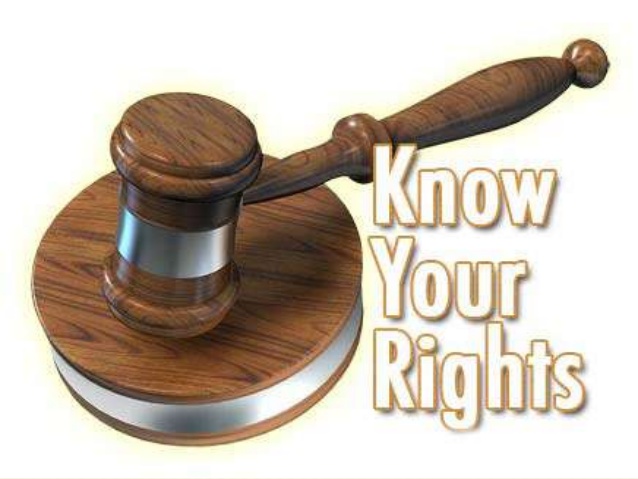The draft Bill in its current form will seriously impact the Internet users, ICT industry, print and electronic media. Joint Action Committee.
Checks and balances on investigation agencies and officers have been removed
ISLAMABAD ( ABRAR MUSTAFA )
The Government of Pakistan has submitted the Prevention of Electronic Crimes Bill (PECB) 2015 in Parliament, which is currently believed to be before the NA Standing Committee on IT. The proceedings of NA Standing Committee are being kept under secrecy, making it non-transparent and non-consultative. A copy of Bill has been obtained which is at http://bolobhi.org/whats-brewing-pakistans-proposed-cybercrime-law/.
The draft Bill in its current form will seriously impact the Internet users, ICT industry, print and electronic media, academicians, researchers, the legal community and ordinary citizens particularly educated youth of Pakistan.
A few glaring highlights of the Bill that would seriously effect civil liberties are as follows:
- In Sections 17 and 18, political criticism and political expression in the form of analysis, commentary, blogs and cartoons, caricatures, memes, etc., has been criminalized;
- Obscene or immoral messages on facebook, twitter, etc., have been made offenses as per Section 20, without defining obscenity or immorality, thus giving sweeping powers to investigating agencies to implicate anyone on these charges.
- As per Section 19, any person who tests system security will be an offender;
- Sending an email or message without the recipient’s permission will become an offence as per Section 21;
- As per Section 20, posting of photograph of any person on facebook or Instagram without their permission is an offence.
- Section 31 gives the government/PTA unfettered powers to block access or remove speech not only on the Internet but transmitted through any device, limiting the media’s freedom and citizens’ right to expression;
- In Section 26, the definition of service providers – traditionally ISPs and telcos – has been expanded to now include any place that offers access to the Internet to the public, i.e., restaurants, malls, hotels, offices, airports, stations and the additional burden of retaining traffic data has been placed on them – and they can be punished for not doing so.
Fundamental principles of law, such as requiring intent, especially malicious intent to be established for conviction, have not been followed – in fact the requirement has been omitted from the modified version of this Bill. This is true even for offences such as Cyber Terrorism, which carries a penalty of fourteen years imprisonment. There is a grave danger of white-hat hackers, hobbyists, people who hack for academic purposes to identify security flaws in systems, or teenagers who for recreation (albeit wrongly) deface websites, could end up getting convicted as cyber terrorists.
Checks and balances on investigation agencies and officers have been removed. For example, requiring an investigation officer to obtain a warrant from court for search, seizure or arrest on the basis of a list of qualifications he/she was required to present before court, making clear reasons why the warrant should be issued, no longer exists. Similarly, other safeguards that were previously built in, such as protection against self-incrimination and an accused’s right to know the charges against him/her, have also been omitted
The above provisions of the draft Bill in particular, and several others in general, violate fundamental rights of expression, freedom of media and due process as enshrined in the 1973 Constitution. In its current form, the draft Bill will not counter crime or terrorism; on the contrary it will lockdown the society, industry and the media; and will criminalize innocent citizens.
We, therefore demand that
- The draft bill be made public;
- Public and independent expert input be sought and incorporated before the Standing Committee finalizes its debate.

